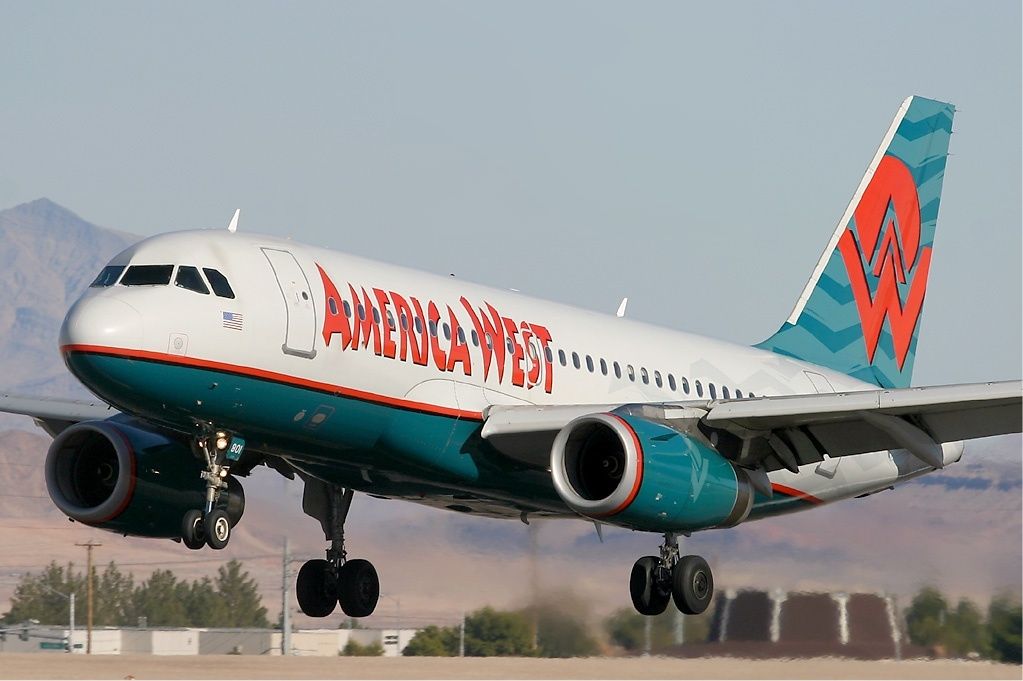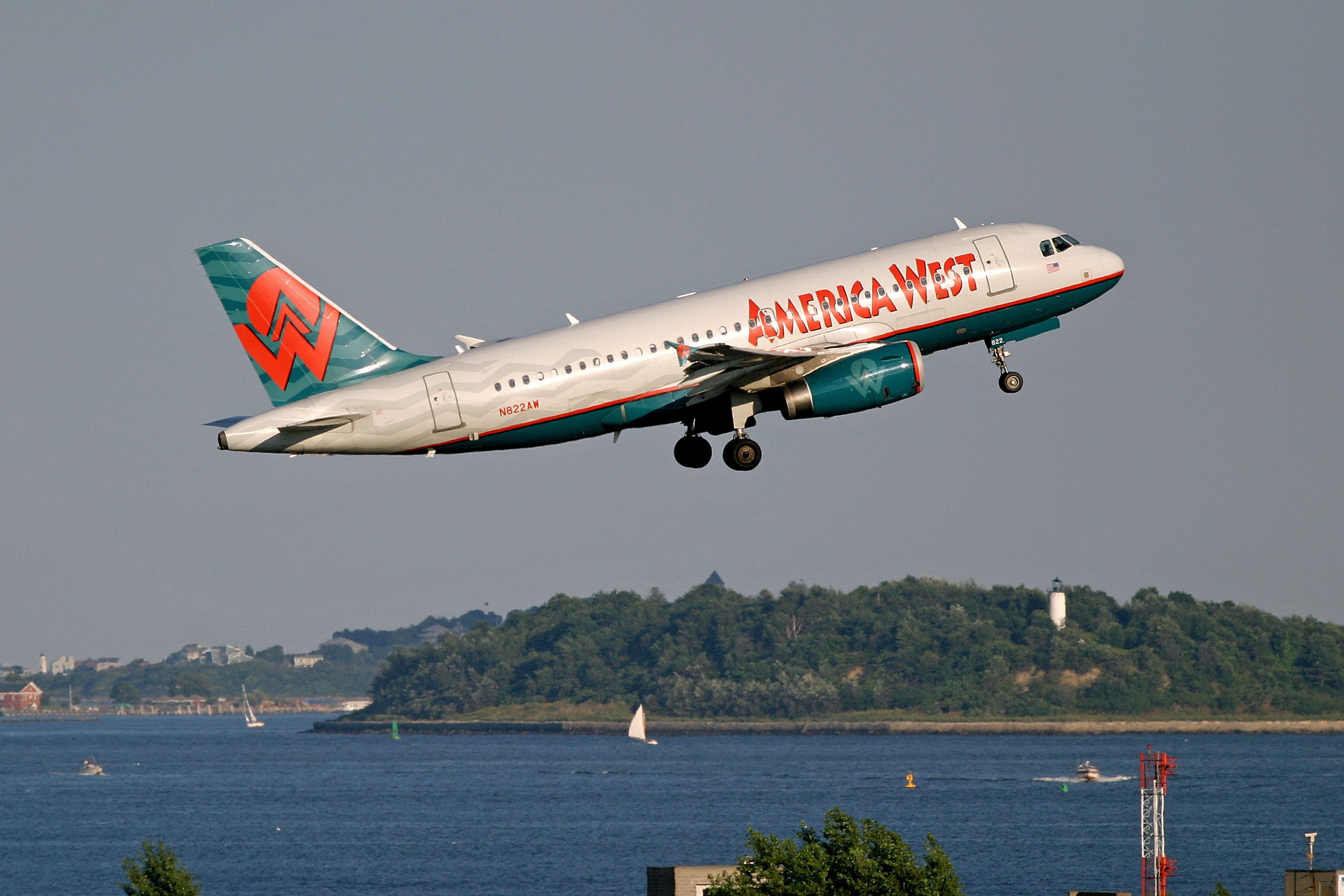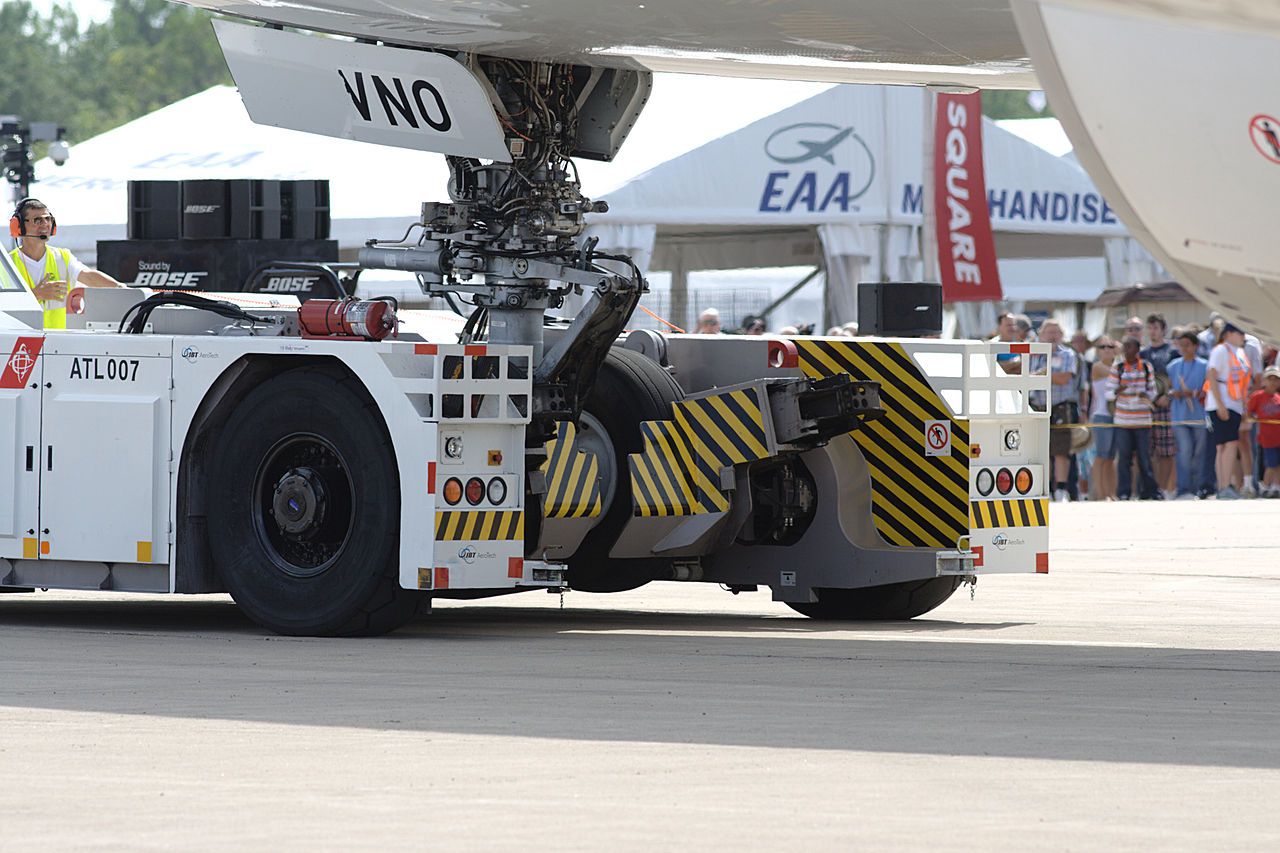“Eight hours, bottle to throttle.” This is a commonly used memory aid for the Federal Aviation Administration’s regulation stipulating the time interval required between the consumption of alcohol and aircraft operations. While this rule is introduced during primary flight training (and reinforced thereafter), some aviators don’t always adhere to this safety regulation. Thus was the case 20 years ago, when two pilots attempted to fly an America West jet while under the influence of alcohol.
Thomas Cloyd and Christopher Hughes were arrested on July 1, 2002, after their Airbus A319 was pushed back from the gate at the Miami International Airport. The flight’s destination was Phoenix, but it never even made it to the runway because law enforcement officials requested the jet’s return to the terminal. Once back, the agents boarded the aircraft and detained both pilots.
One drink leads to another
The chain of events that led to the flight crew’s arrest began several hours earlier when the pilots spent some time (and money) at a well-known bar in Miami’s Coconut Grove neighborhood. Court records reported that both gentlemen consumed a total of more than a dozen alcoholic drinks during the night, which ended just six hours prior to America West Flight 556’s scheduled departure. The result of the evening’s festivities was a reported $122 bar bill and two tipsy pilots.
A timely intervention
Later that morning, the flight crew checked in for their flight at the company's operations area. When entering the airport’s security screening station, Cloyd was asked not to take a cup of coffee through the checkpoint, at which point, he became angered and argued with security personnel. During this confrontation, one of the screeners detected an odor of alcohol on Hughes. Once the tension subsided and the pilots passed through the security screening process, the agent reported the detection of alcohol on the pilot’s breath.
Cloyd and Hughes boarded their aircraft and began their preflight preparations. Once all passengers were onboard and the cabin secured, the crew requested a pushback from the gate. As the ground crew attached the tug and began to move the aircraft, the airline received notification that law enforcement requested the jet to return.
Once the cabin door was opened, agents boarded the aircraft and met with the pilots. They were subsequently detained and removed from the aircraft. During their investigation, police officials tested both pilots’ blood alcohol levels. Court records show they exceeded Florida’s 0.08 limit for the operation of motorized vehicles. As a result, Cloyd and Hughes were arrested and criminally charged.
The defense
During the judicial process, the pilots didn’t deny they had been drinking prior to the scheduled flight with 124 occupants. In fact, their defense lawyers argued the crew was not operating the aircraft since it was being pushed by a ground tug and therefore operated by another person. The argument also stated that the jet’s steering was disengaged at the time it was ordered back to the terminal. For this reason, the pilots were not guilty of operating the aircraft while intoxicated. Additionally, Cloyd's lawyer said the pilot was having marital problems and was still distraught by his father's death in an aircraft accident several years earlier.
Their day in court
As creative as the defense arguments were, the presiding circuit court judge did not agree. Cloyd and Hughes were found guilty of operating an aircraft while under the influence of alcohol. Cloyd was sentenced to five years in prison and had already been on probation for an alcohol-related offense just a few months before his arrest. Hughes' prison sentence was two and a half years.
Even before the court’s decision was made, America West fired both men and the FAA revoked their pilot certificates. Sadly, this is not the only story about intoxicated pilots, but certainly was one of the most high-profile cases involving substance abuse and criminal penalties.



.jpg)
